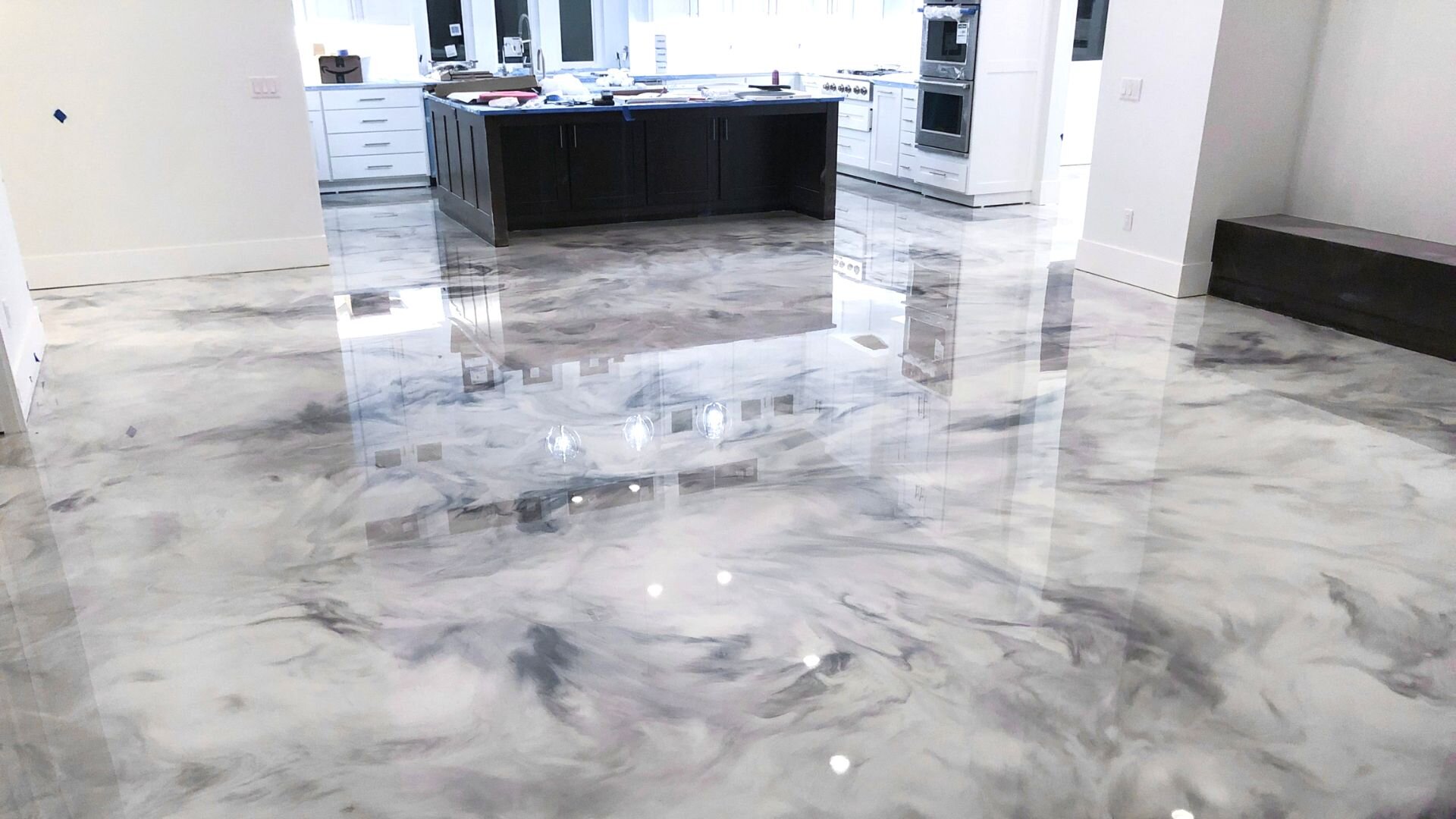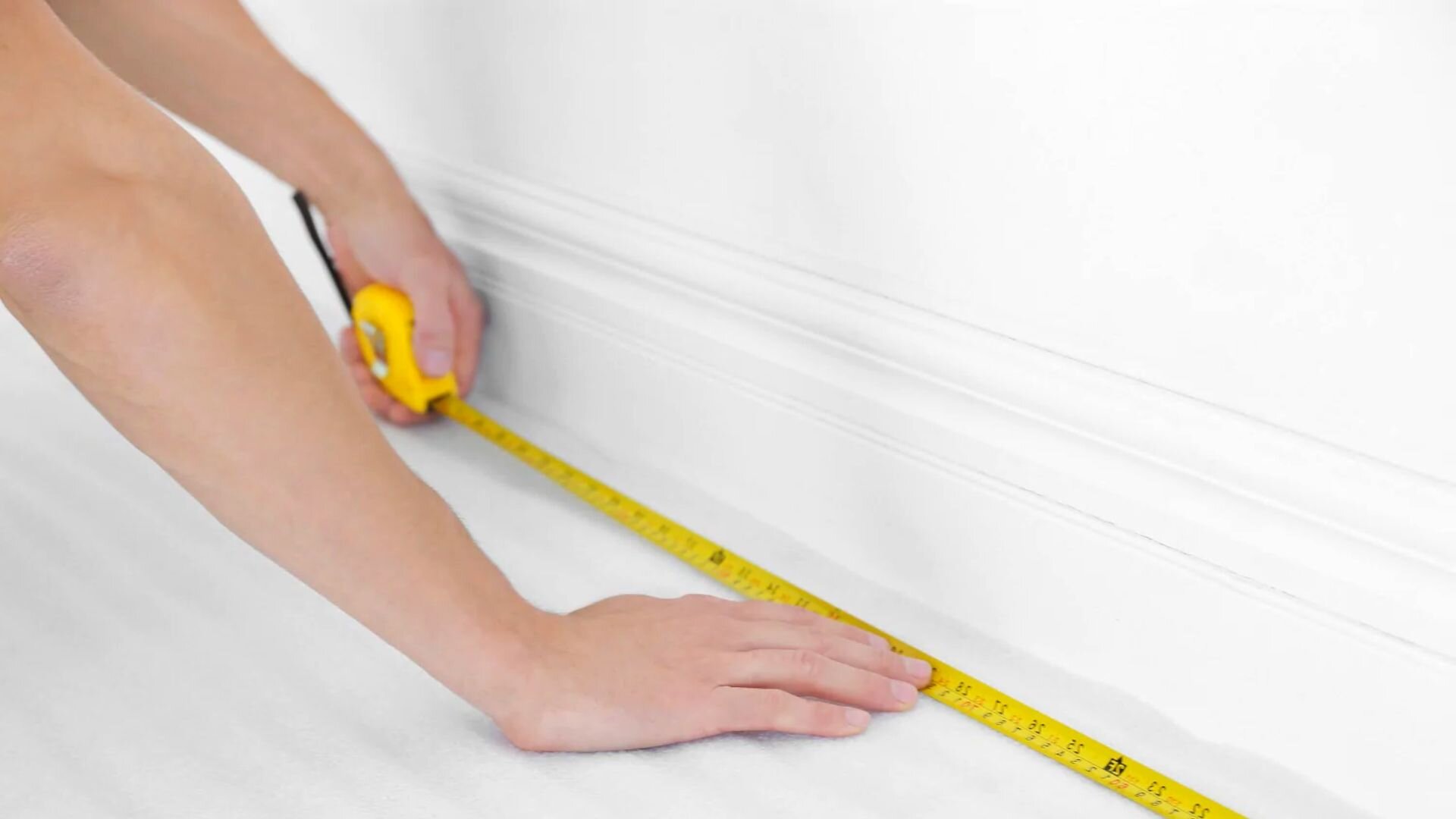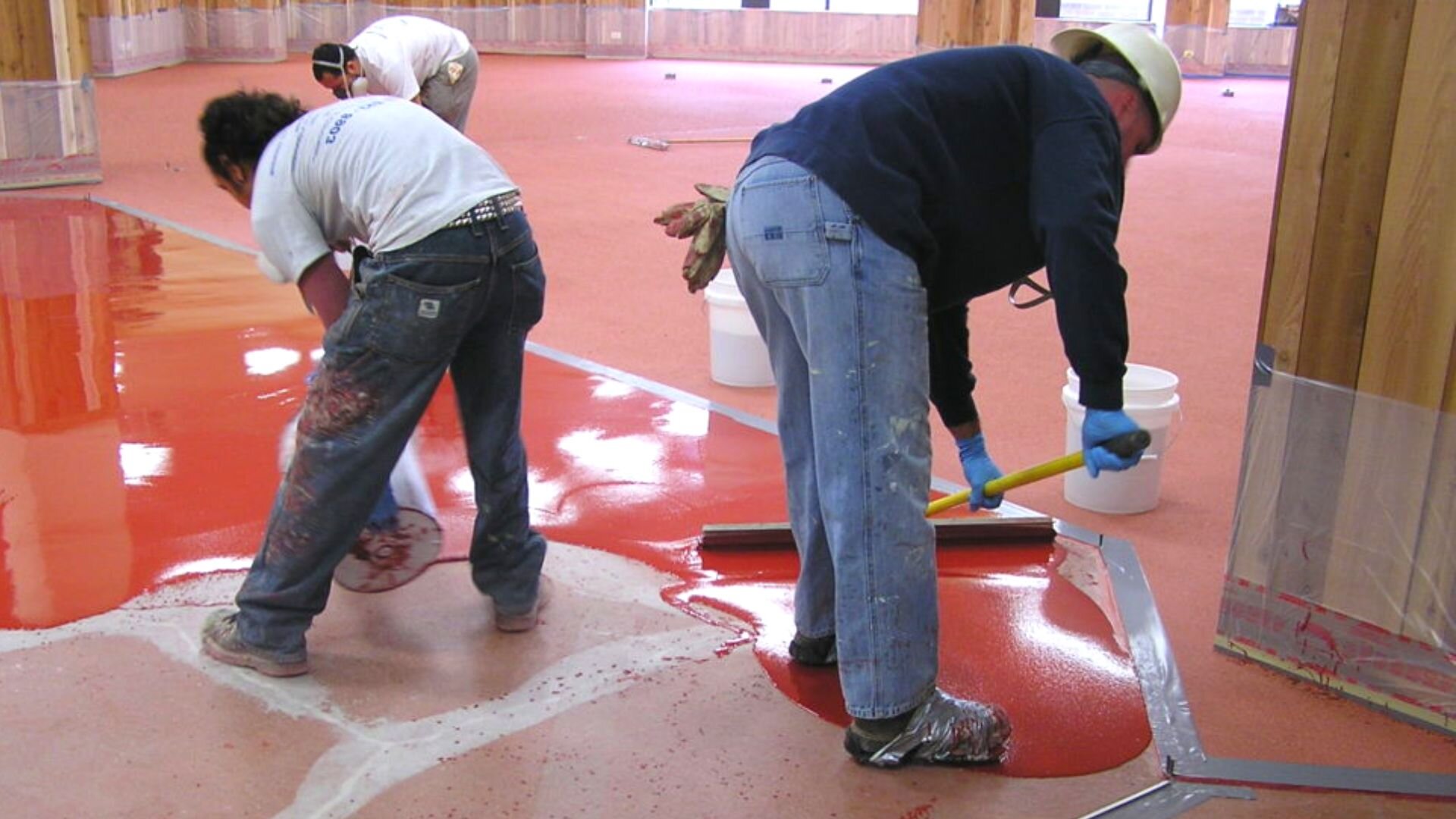How Thick Should An Epoxy Flooring Be?

Thinking about getting epoxy flooring for your newly built house? There is no doubt that it is a very sought-after option these days.
Epoxy flooring provides an appealing sheen to your floors, which is why many people use it these days. Also, standard epoxy flooring is more durable than conventional flooring options, such as tiles.
But if you want epoxy flooring, you need to determine its thickness. That’s where the trouble starts because the average homeowner may not know the optimal thickness levels of epoxy coating.
If you are one of those people who have little idea about such things, there is no need to feel discouraged. In this guide, we have addressed this aspect in detail. So, if you want to know more, you can keep reading below.
How Thick Should An Epoxy Flooring Be?
There is no simple answer to this question. The optimal thickness of an epoxy coat may vary based on different factors. Among these are floor traffic, concrete condition, and chemical exposure.
In that context, there is a wide range of accepted coating thicknesses. The thinnest coating can be around 0.010 to 0.025 inches in thickness and mainly includes a primer and a topcoat. There may be an optional mid-coat, but that won’t change the thickness considerably.

On the other hand, the thickest coating can be greater than 0.375 inches. It usually implements a primer and epoxy topcoat, along with additional resinous aggregates, sand and grout.
With an increase in thickness, the durability of epoxy flooring also increases. But applying such a thick coating is relatively expensive. And in the case of low-traffic areas, it is unnecessary.
In this regard, we have discussed the factors that affect the thickness of epoxy flooring in greater detail below.
1. Floor Traffic
The floor traffic is a major deciding factor for the thickness of epoxy flooring. By traffic, we are referring to the frequency of usage in a given time. So, if more people are walking on the floor at a given time, it will have greater traffic, and vice versa.
Usually, floors with more traffic need to be more durable, so they need a thicker epoxy coating. That way, the flooring will not wear away with usage as quickly. In contrast, a thin coating is more feasible for a floor with lower traffic.
2. Load Bearing
As we have said before already, the durability of flooring increases with an increase in epoxy thickness. So, applying a thick epoxy coating is best if you wish to keep heavy objects on the floor, such as vehicles, equipment or furniture. That will prevent the flooring from developing cracks or damage under heavier loads.
3. Chemical Exposure
A typical concrete floor can become damaged or corroded when exposed to concentrated chemicals. Even household items, such as soaps, oil, grease and cleaning agents, can have a detrimental effect on concrete flooring.
Applying an epoxy coating can significantly reduce the detrimental effects of chemical exposure on your floors. On that note, a thicker epoxy coating makes the floor more resilient to concentrated chemicals.
That is why chemical plants or storage warehouses need thicker epoxy flooring. But a thin epoxy coating is sufficient for residential applications to protect the concrete against household chemicals.
4. Condition Of The Concrete Substrate
Before applying an epoxy coating, you must consider the concrete layer’s condition. A thinner epoxy coating is recommended for new or freshly prepared concrete flooring.
However, it is important to note that if the concrete layer is too old or has deep cracks or damage, then the epoxy will need to be applied in a thicker layer to cover the imperfections. The more extensive or more profound the damages are, the more epoxy you need.

Determining Epoxy Flooring’s Thickness
Compared to conventional concrete or tile floors, you get a lot of personalisation options with epoxy. You can decide on the colours, design as well as texture of the flooring. Additionally, the epoxy coating will help even out the floor and protect it from damage or cracks.
When it comes to resinous flooring options, you do have other options, such as polyurethane. It has slightly better properties than epoxy but is considerably more expensive to apply.
Even in that case, the coating thickness will be determined by the same factors discussed above. Ultimately, it comes down to your budget and the kind of usage scenario the floor will have.
If you need assistance with concrete finishes in Sydney, reach out to our team at Top Coat Concrete. With years of combined experience, we can ensure your flooring epoxy flooring is installed to perfection.
That’s all for today; we’ll be back again soon. Bye!
Newsletter
Sign up to our flooring, epoxy and concrete blog newsletter and get all the latest news, tips and tricks from the industries best in Sydney.
Related Articles

Understanding The Pros And Cons Of Epoxy Floors
Planning to install an epoxy floor in your house or commercial space? Before you start, here’s everything you need to know about the pros and cons of having an epoxy floor.

Why Epoxy Is The Leading Garage Floor Coating
Wondering what the best flooring solution is for your garage? Read our guide to find out why epoxy is the number one choice for commercial and residential garages!

Best Epoxy Flooring Ideas For Outdoor Spaces
Planning to upgrade the flooring of your driveway or pool decks to epoxy? Then check out this guide that lets out the best ways to use epoxy flooring for outdoor spaces.